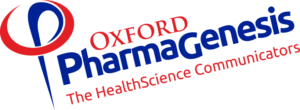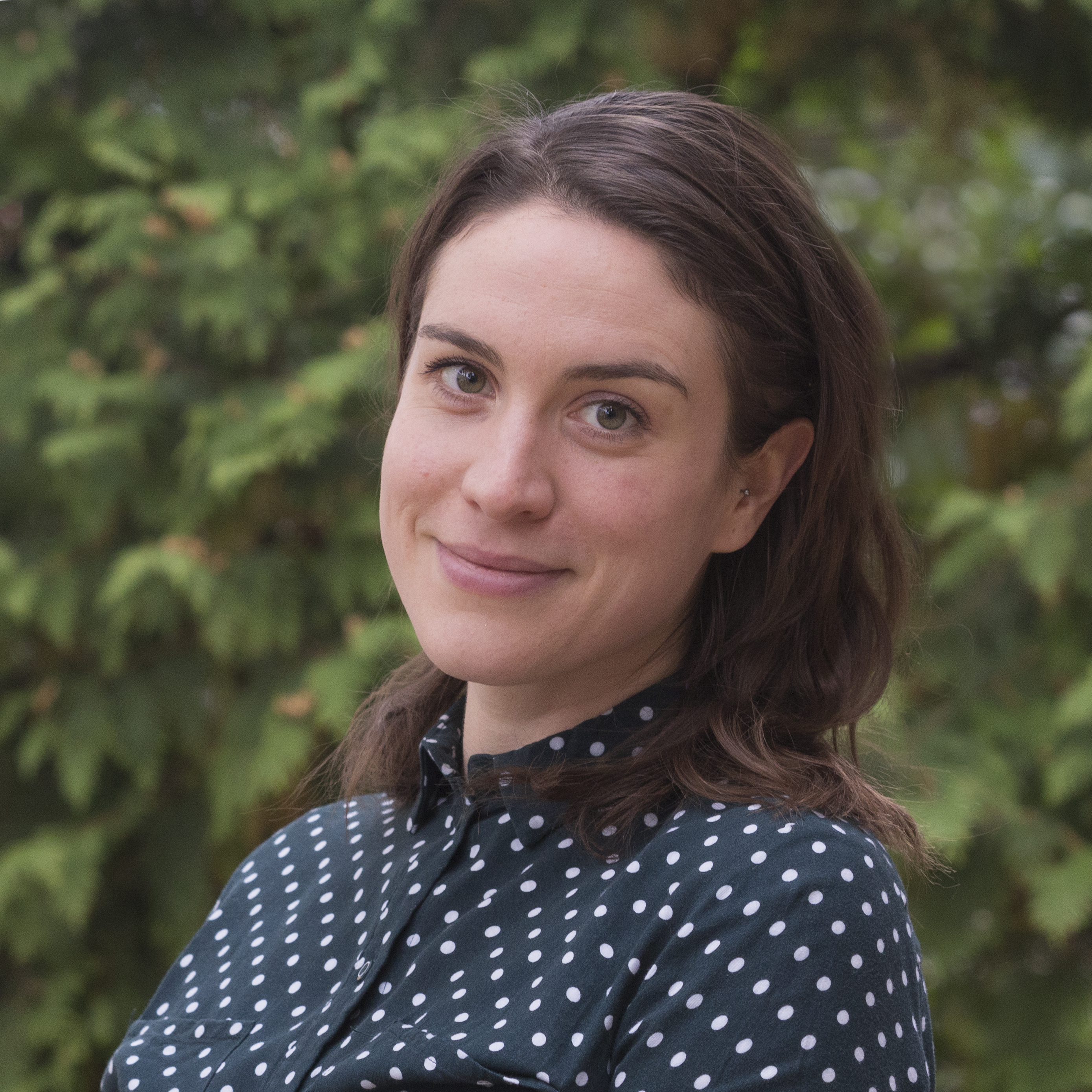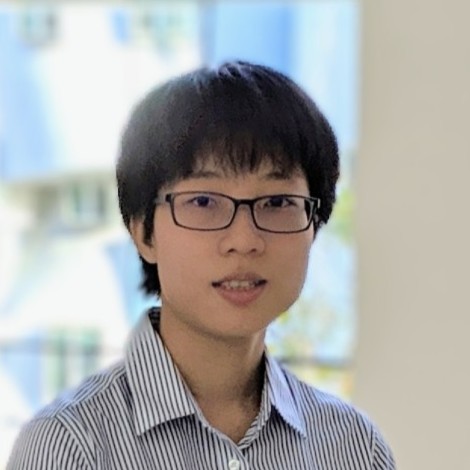PhD in Immunology, Trinity College Dublin (2014)
| Associate Medical Writer | |
|---|---|
| Oxford PharmaGenesis | |
Year entered into a non-academic position: 2018
Job highlight: Many, including recording my first podcast and meeting clients face-to-face to discuss the content for a congress.
My research training set me up to… be able to prioritize and juggle different projects while managing my time efficiently.
What’s your background?
My undergraduate and postgraduate degrees were in immunology, specializing in host–pathogen interactions. I also carried out postdoctoral research investigating the inflammatory responses of the intestine.
Why did you move away from academia?
Although I had enjoyed academia and was still enthusiastic about science, I decided to move on from it after my postdoc for several reasons. I was concerned about the lack of permanent positions, the irregular working hours and the overall lack of job stability in academic research. In addition, I had enjoyed delving into an array of different subjects during my undergraduate degree and wanted to broaden the scope of my knowledge beyond my research area. Furthermore, I found the science communication events that I volunteered at very rewarding and was interested in exploring communication-based roles.
Is there anything you miss about academia?
Sometimes, I miss solving in-depth scientific problems (easier said than done!).
How did you get this job?
I sent my CV into Annie Beagent, the recruitment manager at Oxford PharmaGenesis. I then completed a writing test, and went through two rounds of interviews meeting various members of my prospective team.
Did you think you had the skills required for your current position before you started? Were you right?
I believed I had some of the necessary capabilities, such as organization and team-work, and was eager to learn any additional skills!
Many of the skills I acquired throughout my PhD and postdoc prepared me for medical communications. The ability to prioritize and juggle multiple projects, manage my time effectively, work as part of a team and scrutinize scientific evidence all proved invaluable in my new role as a medical writer.
How did your PhD prepare you for your current job? For example, what were the transferable skills that you developed during your PhD that are most relevant to your current job?
Many of the skills I acquired throughout my PhD and postdoc prepared me for medical communications. The ability to prioritize and juggle multiple projects, manage my time effectively, work as part of a team and scrutinize scientific evidence all proved invaluable in my new role as a medical writer.
Did you have any preconceptions about your sector that proved to be wrong?
Although my new position isn’t as scientifically in-depth as academia, I was pleased to find that it did not solely involve writing manuscripts and that I could gain experience in a diverse range of media. Additionally, I like the fast-paced nature of medical writing, with the completion of many projects giving you a real sense of accomplishment.
Can you describe a typical week in your job?
I cannot – no two days are the same and I find it very enjoyable to work in such a creative way!
What’s the workplace culture like?
The support I’ve received from Oxford PharmaGenesis has been outstanding from day one and really makes me feel like a valued member of the company.
What are your favourite parts of your job?
The ability to channel my love of science in a creative and diverse work environment.
What are your reflections on your (future) career path?
I feel more open and positive about my career path now that I know how many avenues are available. It’s also wonderful to know that I can develop my career within Oxford PharmaGenesis.
My advice for researchers leaving academia would be: do not be afraid! There are many varied roles out there – more than you realise!
Do you have any advice for current graduate students and postdocs considering a career outside of academia?
My advice for researchers leaving academia would be: do not be afraid! There are many varied roles out there – more than you realise! Next: go ask questions! Attend as many careers events as possible and talk to the people in the roles you are interested in – I found personal insights invaluable.
Can you recommend any relevant resources, organisations or events that might help somebody new to the sector find out more about it?
I would recommend joining the mailing list for MedComms Networking (http://medcommsnetworking.com), following relevant companies on LinkedIn and attending a writing workshop. I would also try to gain experience in as many science communication events as you can while finishing your academic contract. When choosing which companies to apply for, I suggest speaking to their employees at career events, because this is what helped me to choose Oxford PharmaGenesis – hearing about their reputation for quality and friendliness!
 Oxford PharmaGenesis is a leading independently owned HealthScience communications consultancy with offices in Oxford, London, Cardiff, Philadelphia, Basel and Melbourne. We provide a diverse range of communication services to the global healthcare industry that enable physicians, healthcare organizations and patients to make informed, evidence-based decisions about treatment.
Oxford PharmaGenesis is a leading independently owned HealthScience communications consultancy with offices in Oxford, London, Cardiff, Philadelphia, Basel and Melbourne. We provide a diverse range of communication services to the global healthcare industry that enable physicians, healthcare organizations and patients to make informed, evidence-based decisions about treatment.
We currently have 250 employees across our offices and 85% are educated to degree level and above. 95% of our writers and editors have PhDs, and many join us with post-doc experience. We are interested in applications from creative scientists who have a talent for writing, excellent attention to detail, great verbal communication skills and a desire to continue learning about advances in medicine.




